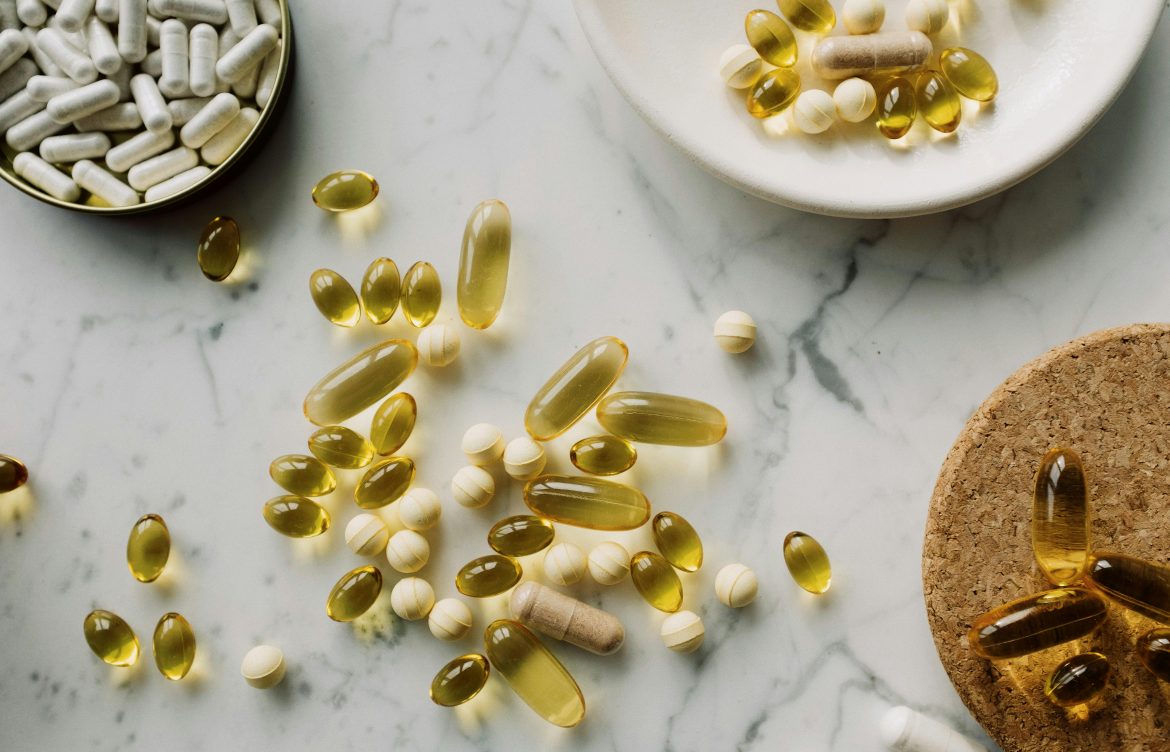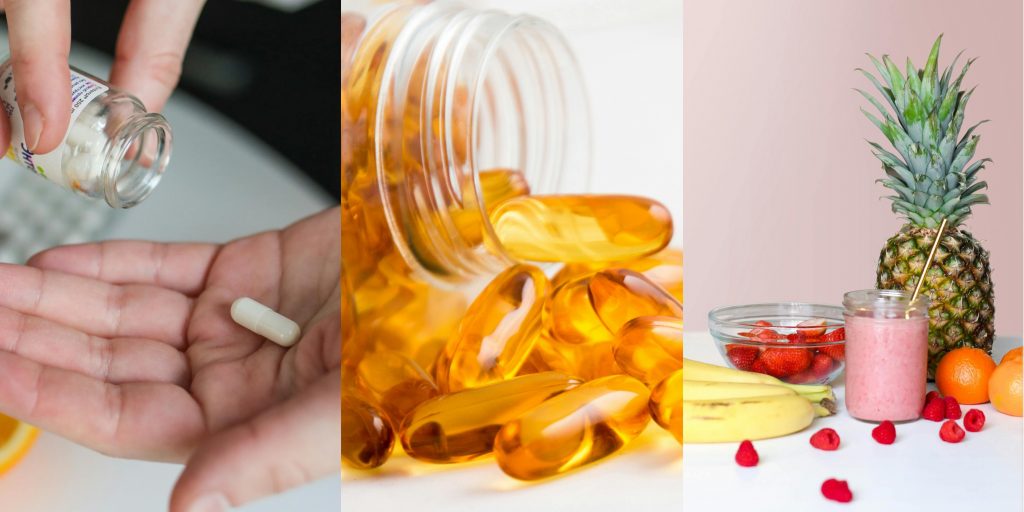
Unlocking Vitality: A Guide to Essential Vitamins and Their Requirements
In the quest for optimal health and vitality, few factors are as critical as ensuring your body receives an adequate supply of vitamins. These micronutrients play indispensable roles in various bodily functions, from bolstering immunity to supporting energy production and beyond.

However, understanding which vitamins your body needs and how much is essential can be a daunting task. Fear not, as we embark on a journey to demystify the world of essential vitamins and unveil their requirements.
Vitamin A: The Visionary
Let’s start with Vitamin A, renowned for its role in maintaining healthy vision, skin, and immune function. Found in foods like carrots, sweet potatoes, and spinach, this fat-soluble vitamin comes in two forms: preformed vitamin A (retinol and retinyl esters) and provitamin A carotenoids (beta-carotene, alpha-carotene, and beta-cryptoxanthin).
The recommended dietary allowance (RDA) for vitamin A varies depending on age and sex, with adults typically needing around 700-900 micrograms per day. It’s important to note that excessive intake of preformed vitamin A, often found in supplements, can lead to toxicity, so striking the right balance is key.
Vitamin B: The Energizer
The B vitamins, including B1 (thiamine), B2 (riboflavin), B3 (niacin), B5 (pantothenic acid), B6 (pyridoxine), B7 (biotin), B9 (folate), and B12 (cobalamin), form a powerhouse group that helps convert food into energy, maintain healthy skin and hair, and support brain function.
Each B vitamin has its own unique role and recommended intake. For instance, adults typically require around 1.3-1.7 milligrams of B6 daily, while the RDA for B12 ranges from 2.4-2.8 micrograms. Sources of B vitamins include whole grains, meat, poultry, fish, eggs, dairy products, legumes, and leafy greens.
Vitamin C: The Immune Booster
Known for its immune-boosting properties, Vitamin C is a water-soluble vitamin that also aids in collagen production, wound healing, and iron absorption. Citrus fruits, strawberries, kiwi, bell peppers, and broccoli are excellent sources of this vital nutrient.
The RDA for vitamin C typically ranges from 65-90 milligrams for most adults, but higher doses may be recommended for smokers, pregnant women, and individuals under certain medical conditions.
Vitamin D: The Sunshine Vitamin
Often referred to as the “sunshine vitamin,” Vitamin D plays a crucial role in calcium absorption, bone health, and immune function. While sunlight is a primary source of Vitamin D, it can also be obtained from fortified foods like milk, fatty fish, and supplements.
The RDA for Vitamin D varies by age and can range from 600-800 international units (IU) per day for most adults. However, individuals with limited sun exposure or certain medical conditions may require higher doses.
Vitamin E: The Antioxidant Guardian
Vitamin E acts as a powerful antioxidant, protecting cells from damage caused by free radicals. Nuts, seeds, vegetable oils, and leafy greens are rich sources of this fat-soluble vitamin.
The RDA for Vitamin E is around 15 milligrams per day for most adults, but individual requirements may vary based on factors like age and health status.
Vitamin K: The Clotting King
Last but not least, Vitamin K is essential for blood clotting and bone health. Leafy greens, broccoli, Brussels sprouts, and vegetable oils are excellent sources of this fat-soluble vitamin.
The RDA for Vitamin K varies by age and gender, with adults typically needing around 90-120 micrograms per day.
Incorporating a diverse array of nutrient-rich foods into your diet is the cornerstone of meeting your body’s vitamin requirements. While supplements can be useful in certain situations, they should not be a substitute for a balanced diet. By prioritizing nutrient-dense foods and staying mindful of your body’s unique needs, you can unlock the full potential of these essential vitamins and pave the way to a vibrant, thriving life.